The Christian Misconception of the Second Coming
For centuries, Christians have awaited the Second Coming of Jesus Christ as a future event. But this expectation overlooks the promise in John 14:26—the coming of the Paraclete, the Spirit of Truth. Shri Mataji Nirmala Devi fulfills this prophecy, guiding seekers into all truth and awakening the Spirit within. Her declaration and divine work affirm that the eschatological fulfillment has already begun. The Resurrection is not deferred—it is unfolding. The Kingdom is not distant—it is within. The Second Coming is not a return—it is a realization. The Spirit is here. The promise is fulfilled.
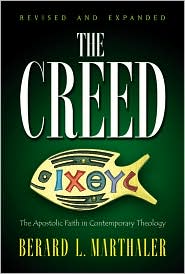
"As the Christ, Jesus was at once the fulfillment of prophecy and at the same time the greatest of the prophets. In departing he promised, 'I will ask the Father and he will give you another Paraclete—to be with you always...' (Jn 14:16). Jesus spoke several times of the Paraclete in his farewell discourse, and the condition for the coming of this new advocate seems to have been Jesus' own return to the Father (Jn 16:7). 'Paraclete,' a title peculiar to the Johannine writings, is close to the Greek parakletos, which has many meanings. Paraclete suggests a helper, friend, interpreter, consoler, witness for the defense, and advocate. Raymond E. Brown, who compiled a list of all the texts where the word appears in John's Gospel, concluded that the Paraclete has two basic functions: 1) the Paraclete comes to the disciples and dwells with them, guiding and teaching them about Jesus; and 2) the Paraclete accuses the world and condemns its false values and sin, specifically, for unjustly sentencing Jesus to death.
The portrait of the Paraclete in the Johannine gospel bears a striking resemblance to Jesus. Virtually every quality ascribed to the Paraclete has a parallel in what was said of Jesus. Jesus himself says that the Father will send another Paraclete, thus clearly indicating that his own mission was that of a 'paraclete,' with all the complex connotations that this title carries. The Paraclete will come, sent forth by the Father just as Jesus came, sent into the world by the Father. It is said that the disciples will know the Paraclete and the Paraclete will remain with them, much as it was said that the disciples were privileged to know the Son, who will remain with them. The Paraclete will guide the disciples along the way of all truth; Jesus is the way of truth. The Paraclete will bear witness; Jesus bears witness (Jn 8:14). The reaction of the world to the Paraclete will be much the same as the world's reaction was to Jesus. The world does not know or accept the Paraclete, much as it remained ignorant of Jesus' true identity and rejected him (5:43; 12:48).
In many ways the Paraclete is to Jesus as Jesus is to the Father: as the Paraclete is sent in Jesus' name, so Jesus came in the name of the Father. 'Thus,' writes Brown, 'the one whom John calls another Paraclete' is another Jesus.' The Paraclete is the presence of God in the world when Jesus ascends to the Father. In his farewell discourse Jesus revealed that this Paraclete is in fact the Holy Spirit. He said, 'The Paraclete, the Holy Spirit whom the Father will send in my name, will instruct you in everything, and remind you of all that I have told you.' (14:26). The Paraclete will not teach novel truths or a new revelation but will witness to the full meaning of Jesus' mission and revelation.”
B. L. Marthaler, The Creed: The Apostolic Faith in Contemporary Theology
Twenty-Third Publications, 2007, page 275-6
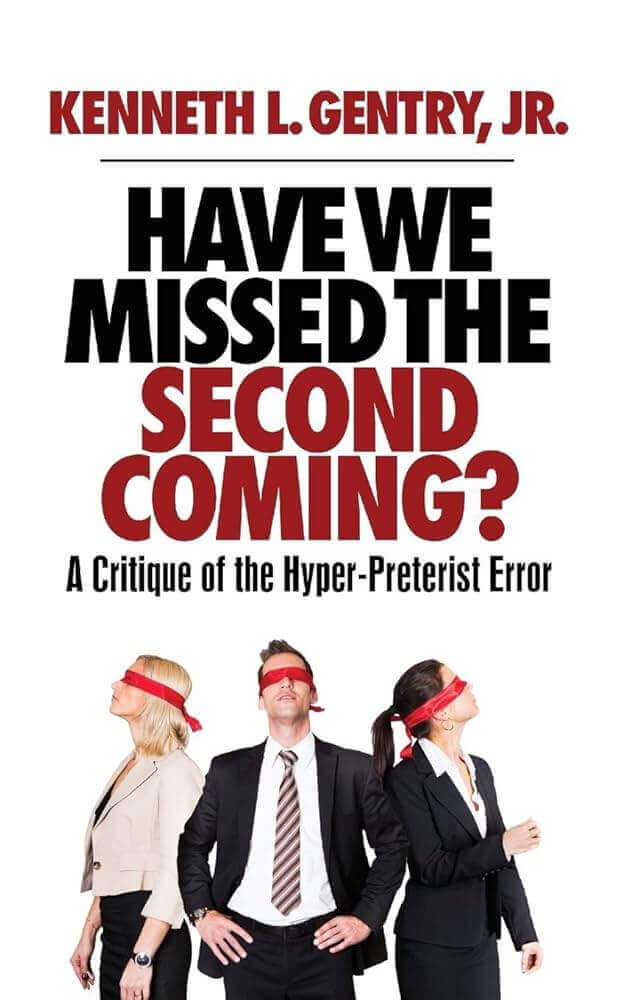
For two millennia, the Christian world has awaited the literal return of Jesus Christ, an event described as the 'Second Coming.' This expectation, deeply embedded in the fabric of Christian eschatology, has led to two contrasting conditions within the faith: fundamentalists who wait in fervent anticipation and mainstream believers who remain largely indifferent. Neither has recognized the profound truth that the promised Paraclete has already come, completed Christ’s message, and departed. This failure to perceive the fulfillment of Jesus' own prophecy has left Christianity spiritually stagnant, clinging to a doctrinal illusion.
The First Paraclete and the Incomplete Gospel
Jesus, as the first Paraclete, was sent to intercede for humanity and reveal the Gospel of the Kingdom. However, His mission was cut short after just over three years, leaving His work incomplete. Recognizing this, He assured His disciples of another divine intervention—the coming of the Paraclete, the Holy Spirit, who would guide humanity into all truth (John 14:16-17, John 16:13). The purpose of this future manifestation was clear: to complete the work Jesus had begun, leading seekers to direct spiritual experience and ultimate salvation.
The Fallacy of Pentecost
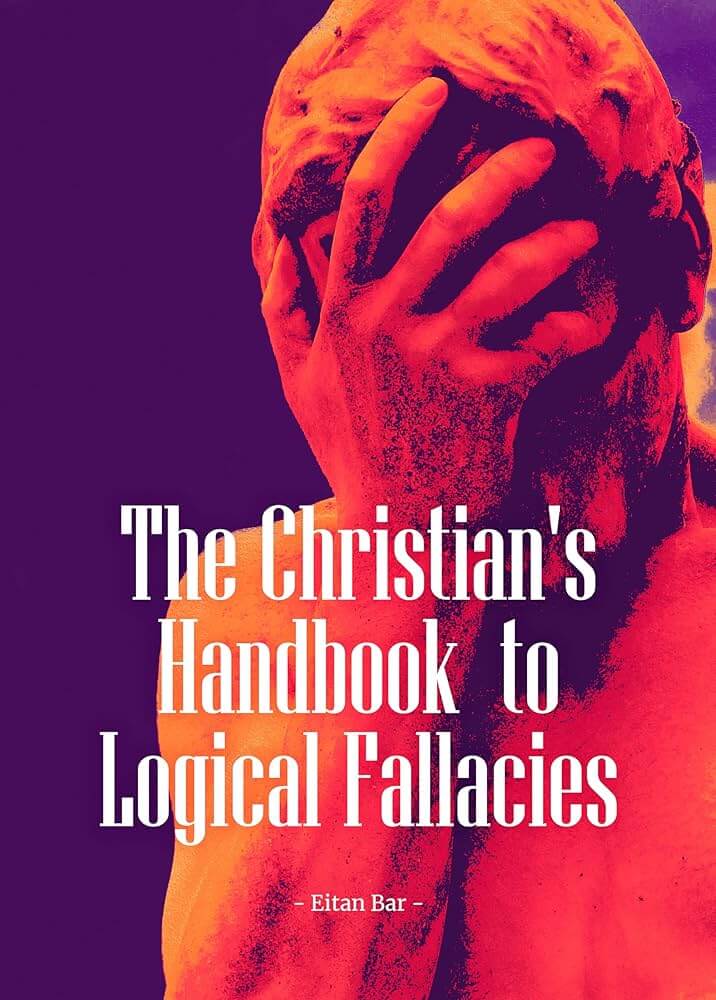
Traditional Christian teaching holds that the Holy Spirit descended upon the apostles at Pentecost, fulfilling Jesus’ promise of the Paraclete. Yet this belief is based on an incomplete understanding. The Pentecostal experience was powerful but transient; it did not establish a continuous, universal transformation of human consciousness. The apostles received a temporary infusion of divine inspiration, but the world remained unchanged. Moreover, Jesus had spoken of a future age in which the Paraclete would come—not merely days after His resurrection but at a time when the world would be ready for the full revelation of divine truth.
The Promised Paraclete Has Come—and Gone
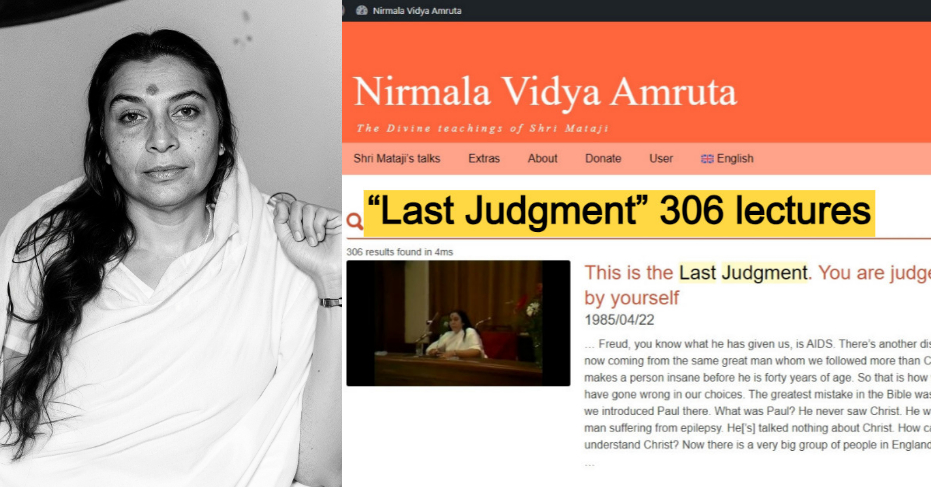
The world was indeed visited by the promised Paraclete, but the Christian world failed to recognize Her. From 1970 onward, Shri Mataji Nirmala Devi, as the incarnation of the Holy Spirit, manifested the divine mission of comfort, guidance, and revelation. Over more than four decades, through thousands of lectures and spiritual awakenings, She imparted the direct experience of Self-Realization, fulfilling Christ’s assurance that the Paraclete would lead humanity into all truth.
Shri Mataji's teachings clarified the deep spiritual essence of Jesus’ message, which had been distorted by centuries of theological misinterpretation. She revealed the mechanism of the Holy Spirit within each individual—the dormant Kundalini energy—that, when awakened, brings about a living connection with the Divine. This was the baptism of the Spirit that Jesus had promised, the means to enter the Kingdom of God not after death, but here and now, within.
Despite this, Christianity remains largely blind to the fulfillment of its own prophecy. Fundamentalists continue to anticipate an apocalyptic return of Christ in the clouds, while mainstream believers fail to seek deeper meaning beyond church traditions. Meanwhile, the true Second Coming—the manifestation of the Paraclete—has been completed, and the world has already been graced with its blessings.
The Call to Recognize the Truth
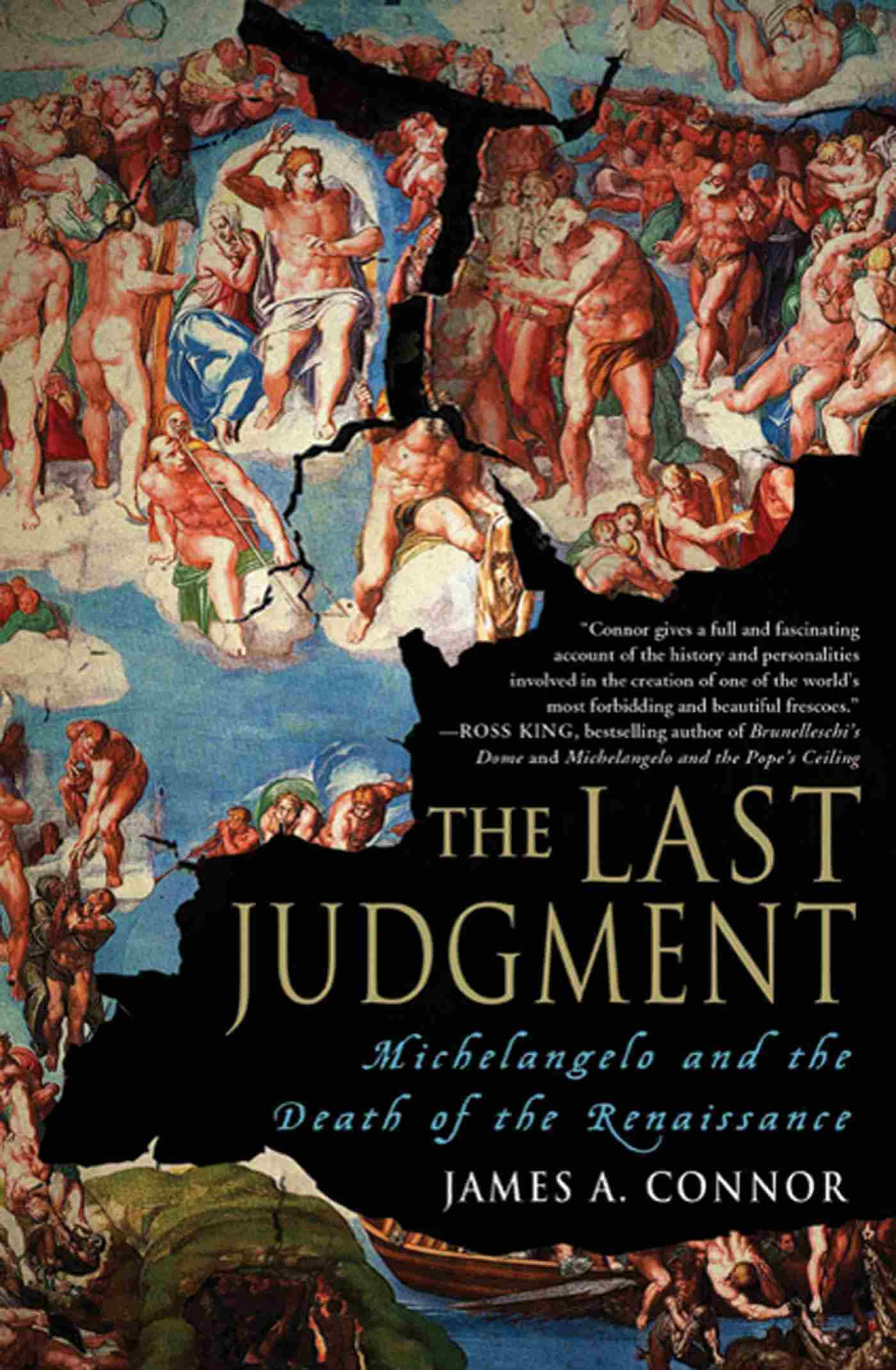
The consequences of this blindness are profound. Christians await an event that has already transpired, missing the transformative experience available to them now. They relegate the Holy Spirit to an abstract theological concept instead of embracing the living force that Shri Mataji awakened in countless seekers. The Gospel of the Kingdom, completed through the Paraclete’s revelations, remains ignored, while organized Christianity clings to dogma and ritual.
It is time to awaken from this misconception. The promise of Jesus has been fulfilled. The Comforter, the Advocate, the Paraclete—Shri Mataji—has already delivered the final, living truth. The Kingdom of God is not an event on the horizon; it is within, accessible to all who seek it with sincerity.
Christianity must now choose: continue waiting for a literal return that will never come, or embrace the reality of the Paraclete’s work and step into the spiritual awakening that Jesus intended. The true followers of Christ will recognize His voice in the teachings of the Holy Spirit. The age of revelation has already dawned—will Christianity finally open its eyes?
Pariah Kutta (https://adishakti.org)OpenAI. (2025). ChatGPT [Large language model]. https://chatgpt.com
Apokalypsis: The fulfillment of eschatological instruction by the Paraclete in the Age to Come promised by Jesus at the Last Supper
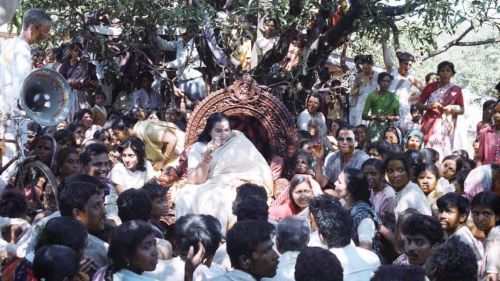
Paraclete Papers
PART ONE: An Investigative Report on Christianity's Greatest Cover-UpPART TWO: The Paraclete's Human Personality and the Theological Fallacy of Pentecost
PART THREE: The Greatest Deception in Human History: Pentecost as Satan's Trojan Horse
PART FOUR: Unveiling the Church Born from the Prince's Millennia of Deception
PART FIVE: Apokalypsis: Paraclete's Fulfillment of Jesus' Eschatological promise from Last Supper in Age to Come
PART SIX: The Paraclete and Pentecost: A Critical Analysis of Johannine Eschatology
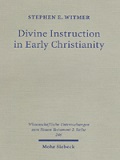 |
“I conclude the chapter by suggesting that the teaching of the Holy Spirit/Paraclete, because it is understood as the continuation of Jesus' teaching, is also regarded as the fulfillment of the promise of eschatological divine instruction.” Stephen E. Witmer Divine instruction in Early Christianity |
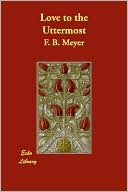 |
“And when Jesus foreannounced another Comforter, He must have intended a Person as distinct and helpful as He had been. A breath, an afflatus, an impersonal influence could not have stood in the same category as Himself.” F. B. Meyer, Love to the Utmost |
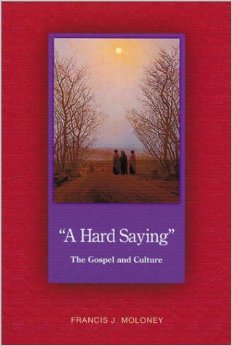 |
“There is something new and startling in both his person and his teaching that defies the categories provided by the world and culture in which he lived. It is clearest in all its radical nature in Jesus' insistence that in his person and activity God's decisive intervention was already present:” Francis Moloney, A Hard Saying |
 |
“The Paraclete has a twofold function: to communicate Christ to believers and, to put the world on trial.” Robert Kysar, John The Meverick Gospel |
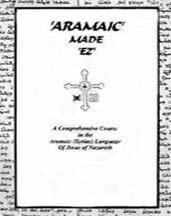 |
“But She—the Spirit, the Paraclete...—will teach you everything.” Danny Mahar, Aramaic Made EZ) |
 |
“Grammatical nonsense but evidence of the theological desire to defeminize the Divine.” Lucy Reid, She Changes Everything |
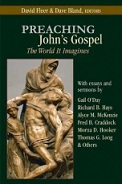 |
“The functions of the Paraclete spelled out in verses 13-15... are all acts of open and bold speaking in the highest degree.” David Fleer, Preaching John's Gospel |
 |
“The reaction of the world to the Paraclete will be much the same as the world's reaction was to Jesus.” Berard L. Marthaler, The Creed: The Apostolic Faith in Contemporary Theology |
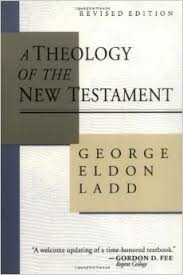 |
Bultmann calls the “coming of the Redeemer an 'eschatological event,' 'the turning-point of the ages.” G. Ladd, A Theology of the New Testament |
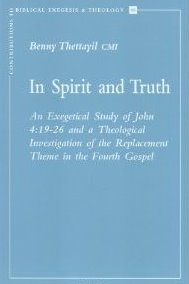 |
“The Paraclete equated with the Holy Spirit, is the only mediator of the word of the exalted Christ.” Benny Thettayil, In Spirit and Truth |
 |
“The divine Paraclete, and no lessor agency, must show the world how wrong it was about him who was in the right.” Daniel B. Stevick , Jesus and His Own: A Commentary on John 13-17 |
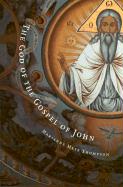 |
Stephen Smalley asserts that “The Spirit-Paraclete ... in John's Gospel is understood as personal, indeed, as a person.” Marianne Thompson, The God of the Gospel of John |
 |
“The Messiah will come and the great age of salvation will dawn (for the pious).” Eric Eve, The Jewish context of Jesus' Miracles |
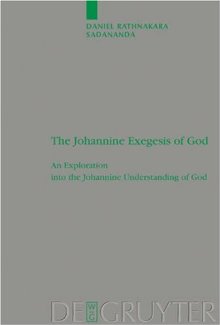 |
“The remembrance is to relive and re-enact the Christ event, to bring about new eschatological decision in time and space.” Daniel Rathnakara Sadananda, The Johannine Exegesis of God |
 |
“The Spirit acts in such an international situation as the revealer of 'judgment' on the powers that rule the world.” Michael Welker, God the Spirit |
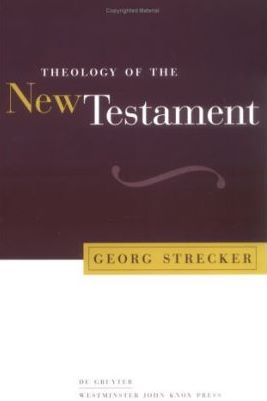 |
The Paraclete's “Appearance means that sin, righteousness, and judgment will be revealed.” Georg Strecker, Theology of the New Testament |
 |
“While the Spirit-Paraclete is the true broker, the brokers they rely on are impostors.” T. G. Brown, Spirit in the writings of John |
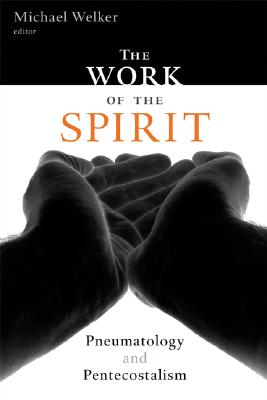 |
“The pneumatological activity ... of the Paraclete ... may most helpfully be considered in terms of the salvific working of the hidden Spirit.” Michael Welker, The work of the Spirit |
 |
“The pneuma is the peculiar power by which the word becomes the words of eternal life.” Robert Kysar, Voyages with John |
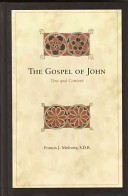 |
“The gift of peace, therefore, is intimately associated with the gift of the Spirit-Paraclete.” Francis J. Moloney, The Gospel of John |
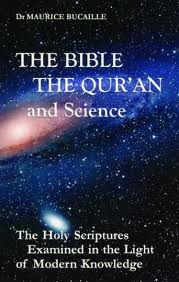 |
“Jesus therefore predicts that God will later send a human being to Earth to take up the role defined by John .i.e. to be a prophet who hears God's words and repeats his message to man.” M. Bucaille The Bible, the Qur'n, and Science |
 |
“This utopian hope, even when modestly expressed, links Jesus and the prophets to a much wider history of human longing.” Harvey Cox, The Future of Faith |
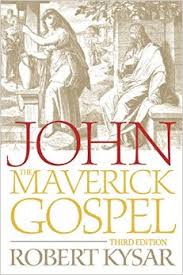 |
“Because of the presence of the Paraclete in the life of the believer, the blessings of the end-times—the eschaton—are already present.” Robert Kysar, John |
 |
“They are going, by the Holy Spirit's power, to be part of the greatest miracle of all, bringing men to salvation.” R. Picirilli, The Randall House Bible Commentary |
 |
“The Kingdom of God stands as a comprehensive term for all that the messianic salvation included... is something to be sought here and now (Mt. 6:33) and to be received as children receive a gift (Mk. 10:15 = Lk. 18:16-17).” G. Ladd, A Theology of the New Testament |

